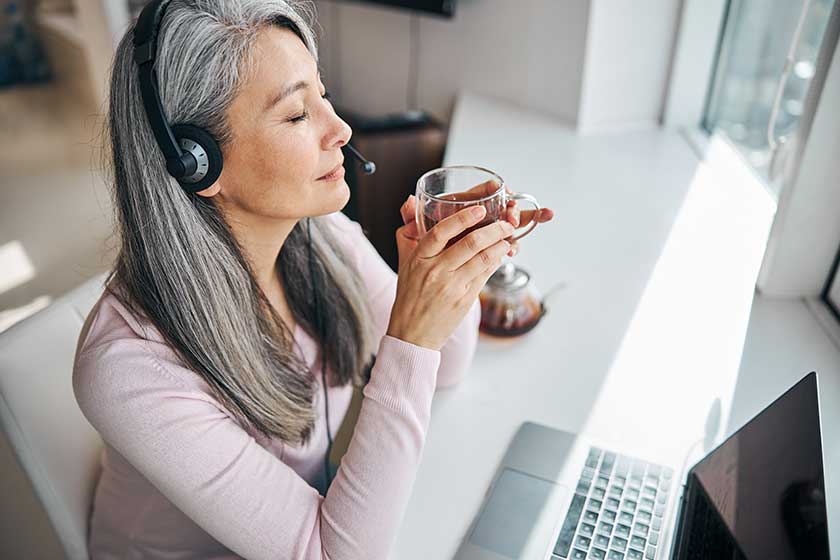4 Therapeutic Music Activities For Your Loved One With Dementia

Music holds a special place in therapeutic practices, particularly for individuals with dementia. Engaging in music activities can significantly improve their quality of life by evoking memories, enhancing communication, and reducing anxiety. This guide offers insights into four effective music activities for dementia, helping your loved one benefit from the soothing and rejuvenating power of music.
Sing-Along Sessions
One of the simplest yet most effective music activities for dementia is sing-along sessions. These activities are particularly beneficial because they tap into long-term memory, which often remains intact far longer than other types of memory in individuals with dementia. Choose songs that were popular when your loved one was younger, as these are more likely to be remembered and can trigger pleasant memories and emotions.
Sing-alongs can be informal, perhaps just singing along to old records or radio tunes at home, or more structured, like organized group sessions at a local community center or care facility. Either way, singing can significantly enhance mood and decrease stress for individuals with dementia.
Musical Reminiscence
Music reminiscence involves playing songs that are meaningful to the individual to stimulate memories and conversation. This activity can be particularly poignant for those who may struggle with recent memory but have vivid memories from decades ago. It often leads to discussions about past events, people, and places, encouraging verbal expression and social interaction, which are crucial for those with dementia. To facilitate this activity, you might create a playlist of favorite tracks from your loved one's youth or significant moments in their life, which can be played during visits or as part of daily routines.
Playing Simple Instruments
Introducing simple musical instruments can also be a beneficial activity for those with dementia. Instruments such as hand drums, tambourines, or even homemade shakers can provide a tactile and audible stimulus that encourages physical movement and interaction with the environment.
Playing instruments allows individuals with dementia to express themselves in non-verbal ways and can lead to improved motor skills and a sense of achievement. It's essential to choose instruments that are easy to handle and not too loud or overstimulating, as the goal is to provide a positive, engaging experience.
Guided Dance and Movement
Music paired with movement, such as guided dance sessions, can be particularly therapeutic for dementia patients. Music naturally encourages movement, whether it’s tapping a foot, clapping hands, or more complex dance steps. Movement to music can help improve coordination, balance, and general physical health, while also providing joy and reducing feelings of isolation.
These sessions can be adjusted according to the mobility of the individual, ensuring they are accessible and enjoyable for everyone. Whether it’s swaying to slow melodies or participating in a more upbeat group dance class, the combination of music and movement can offer significant therapeutic benefits.
Implementing music activities in the care routine of a loved one with dementia can make a profound difference in their emotional and psychological well-being. These activities provide opportunities for joy, emotional connection, and expression in a world where these can often seem lost.
Our community offers specialized music programs designed for residents with dementia, promoting a healthier and more joyful lifestyle. We create a supportive environment where your loved one can thrive through engaging and therapeutic music activities. Contact us today to learn more about how we can help.
